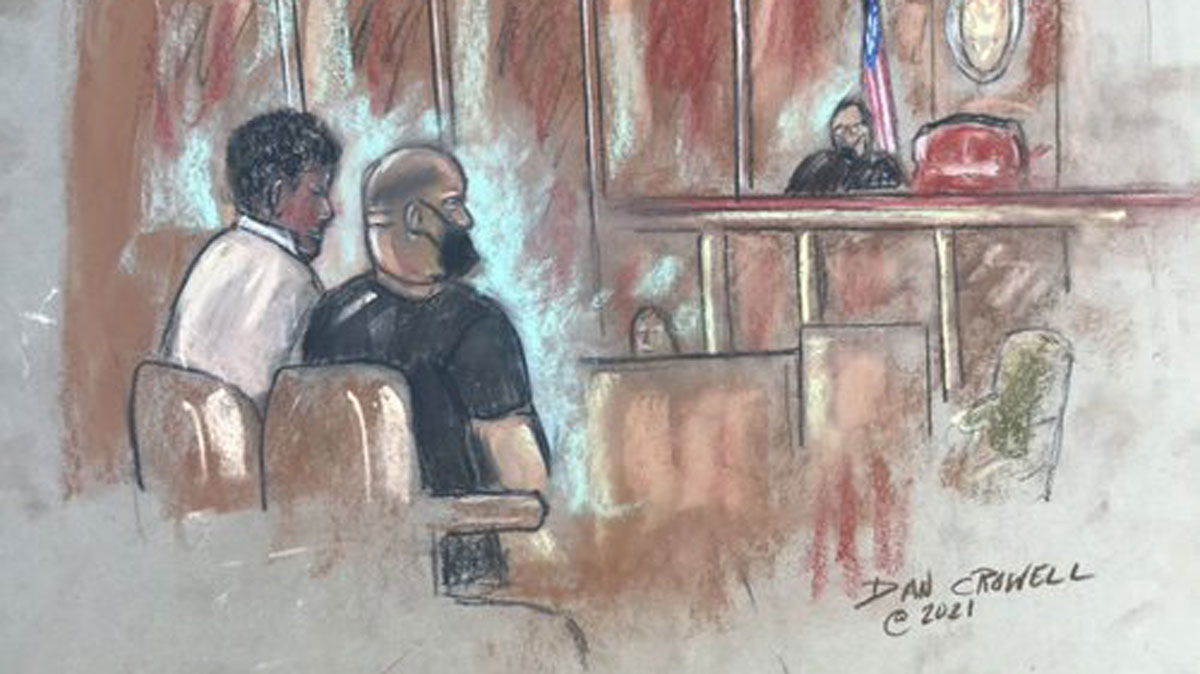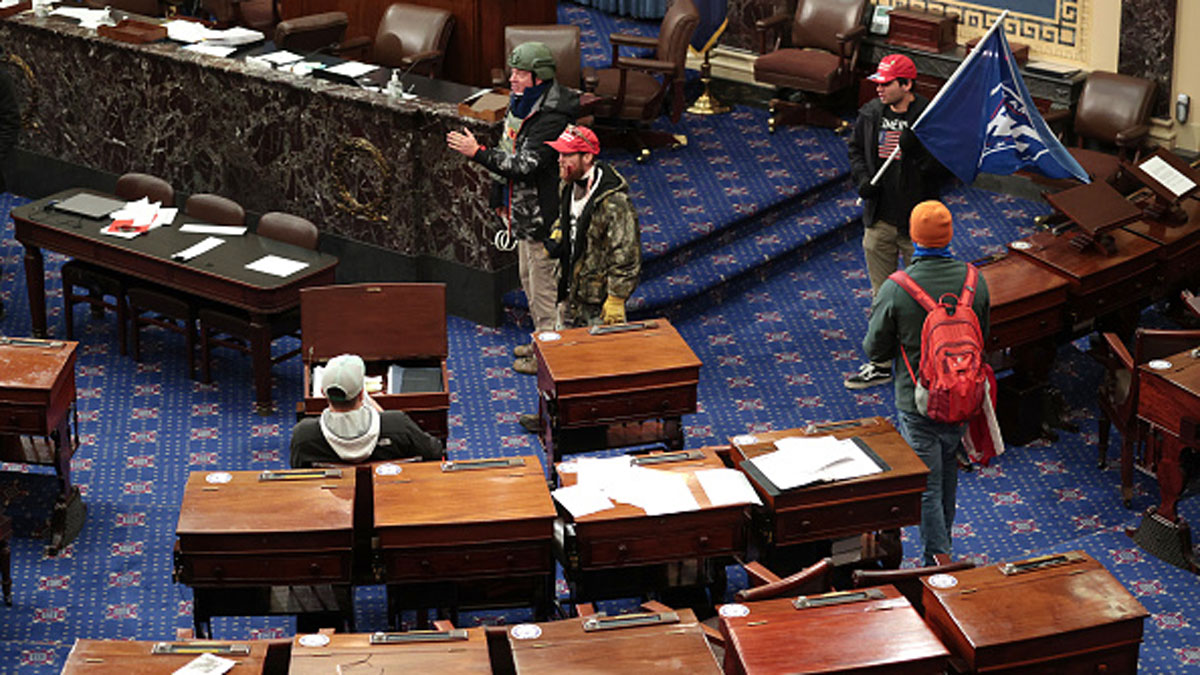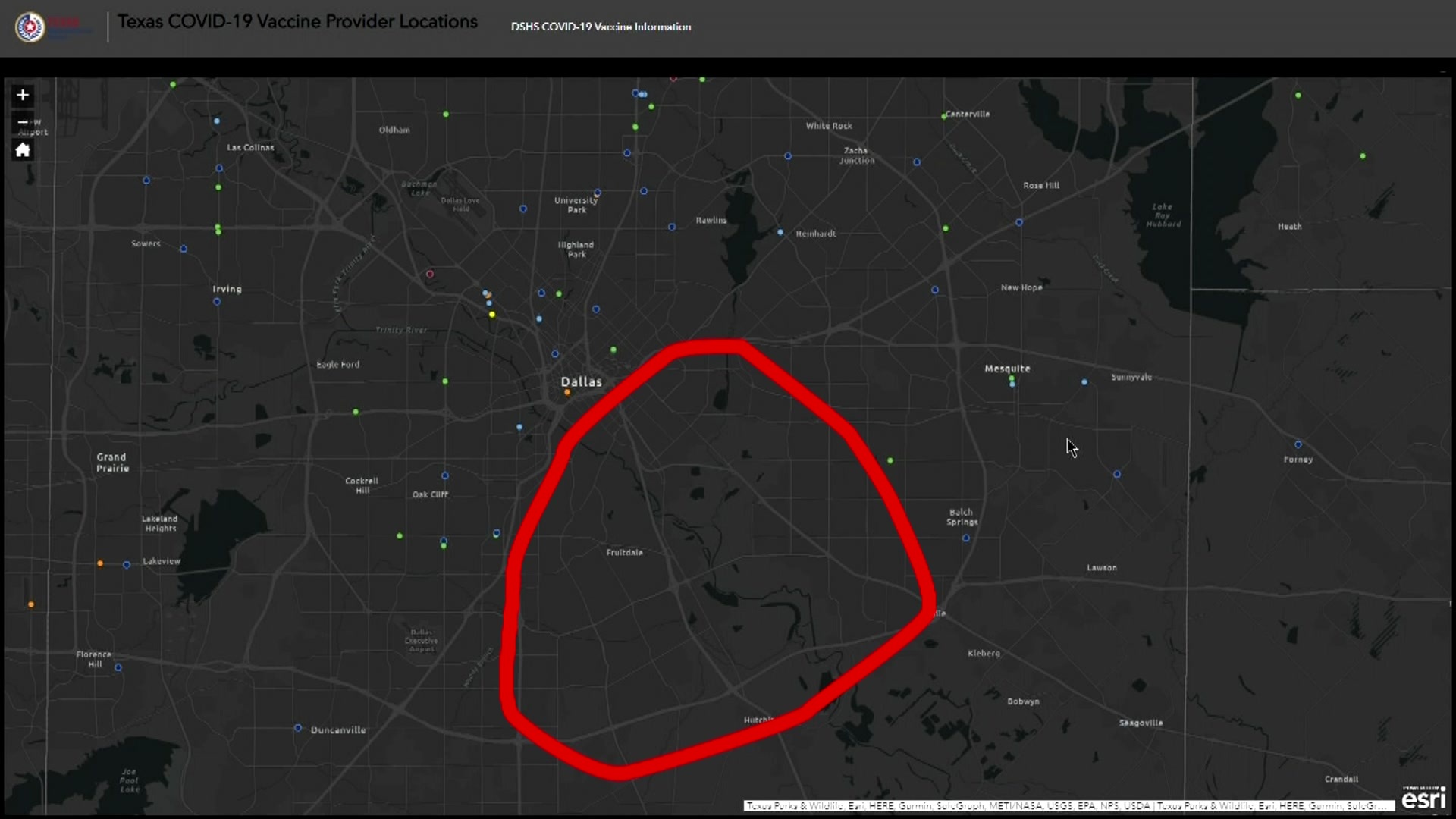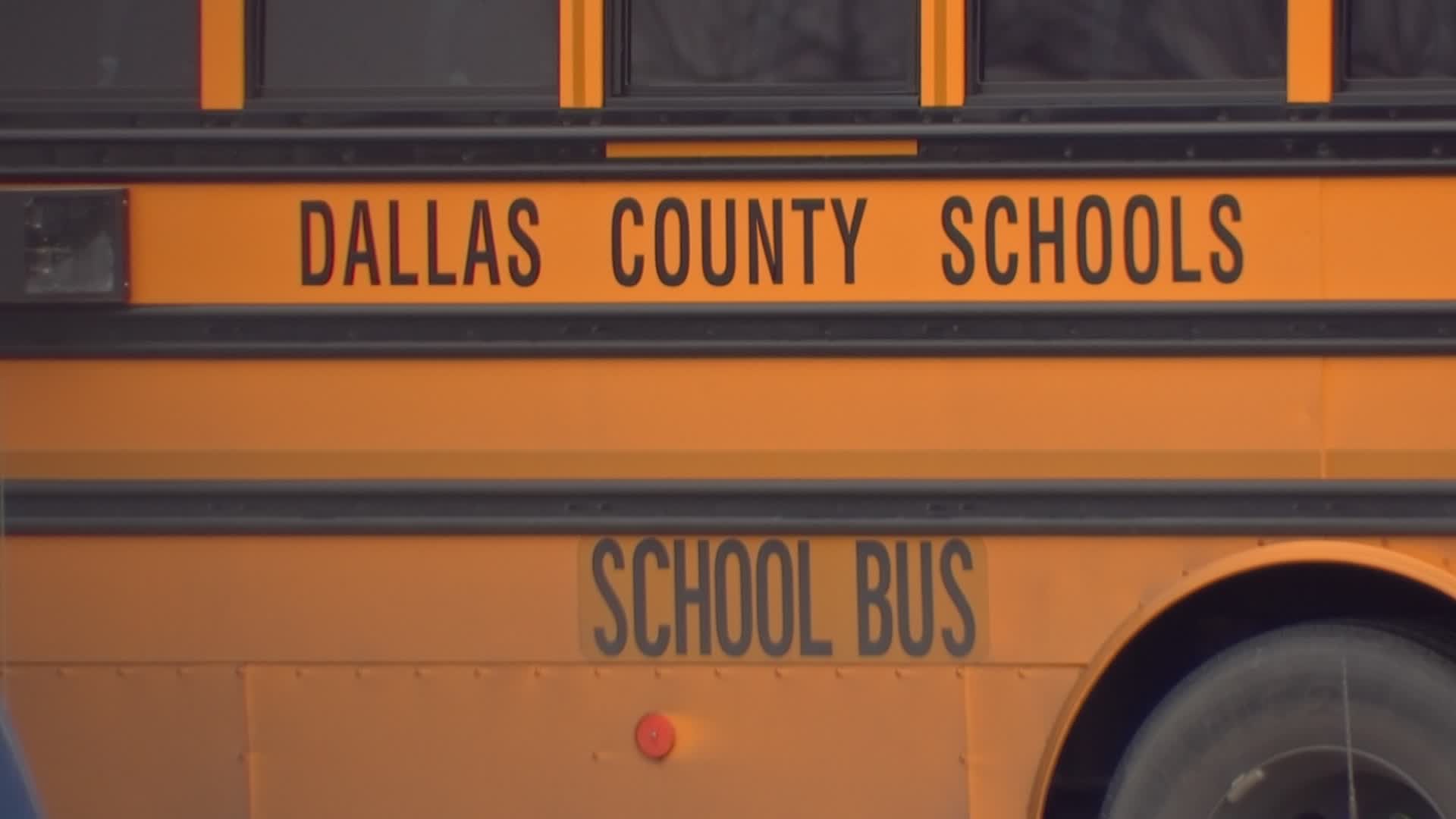With supplies limited, many seniors and people with high-risk medical conditions are scrambling to try to find an available dose of the COVID-19 vaccine. But NBC 5 Investigates has found some family members of hospital employees and health care executives have been able to skip the line, raising questions about whether personal connections are playing a role in who gets…
With supplies limited, many seniors and people with high-risk medical conditions are scrambling to try to find an available dose of the COVID-19 vaccine.
But NBC 5 Investigates has found some family members of hospital employees and health care executives have been able to skip the line, raising questions about whether personal connections are playing a role in who gets protection first.
Children’s Medical Center in Dallas recently began offering vaccines to family members of employees, even healthy, younger family members who did not meet the state’s current vaccine eligibility guidelines which currently reserve vaccines for frontline health care workers, residents of long-term care facilities, people over 65 and people with chronic health conditions that put them at greater risk.
In a statement, Children’s said, “We expanded our administration of the COVID-19 vaccine to household family members who are 18 years or older ... by vaccinating those with whom we are closest in contact, we are adding another layer of protection for our organization."
Want to Get on a Vaccine Waitlist?
County health departments have launched waitlists for adults 16 years old and over.
You can register to recieve the vaccination in Collin, Dallas, Denton and Tarrant counties. Links are below:
Waitlist Links: Collin - Search Waitlist | Dallas | Denton | Tarrant
You do not need to be a resident of the county to register for a COVID-19 vaccine in that county -- registration is open to anyone in Texas. For those without internet access, Tarrant County is also taking registrations by phone at 817-248-6299. In Dallas County, call the DCHHS vaccine hotline at 1-855-IMMUNE9 (1-855-466-8639). In Denton County, call 940-349-2585.
For a more detailed breakdown of who is included in each priority group in Texas, see this page from the Texas DSHS.
After NBC 5 Investigates questioned Children’s about that decision, the hospital provided another statement saying it was reversing course and would no longer offer vaccines to family members.
"Household members who did not sign up to receive a vaccine last week will not be vaccinated at Children's Health,” the statement said.
Dr. David Lakey, a member of the state committee that is helping decide who should receive vaccines first, said healthcare providers should be careful not to give the appearance that they are playing favorites for the well connected.
“I would caution them from saying, just because I was the entity that received this vaccine, I can be looser with the rules for my staff than for the community that I am supposed to be immunizing,” Lakey said.
NBC 5 Investigates
In one case, NBC 5 Investigates has learned family members and a friend of the CEO of a local health care company were recently vaccinated at a Fort Worth nursing home.
Gary Blake, the founder and CEO of Creative Solutions in Healthcare, went live on Facebook when he received his COVID-19 vaccine in late December.
Blake said he wanted to set an example for employees of his company, which owns 75 long-term care facilities across Texas.
“I encourage all of our staff to get involved in prevention and part of prevention is getting your vaccine,” Blake said in the Facebook Live video.
But photos posted on Facebook that day show Blake’s frontline workers and residents were not the only ones vaccinated that day.
His children, both in their 20’s, received the COVID-19 vaccine, along with Blake’s former wife and a friend.
A spokesperson for the company told NBC 5 Investigates Blake’s daughter works at the company’s headquarters and his son delivers PPE to the nursing facilities. Blakes's former wife is a co-founder of the company and helps manage the business. The spokesperson said Blake’s friend who was vaccinated also sometimes assists the company.
In a statement, the company said that the family and friend came to the vaccine site at a Fort Worth nursing home to support Blake during the Facebook Live event and that the vaccine contractor happened to have extra doses available.
NBC 5 Investigates
"In an effort to make the best use of the remaining vaccine, which has a limited shelf life, a number of individuals on-site and nearby were provided the opportunity of receiving a vaccine that would have otherwise been disposed,” the statement said.
The Texas Department of State Health Services told NBC 5 Investigates it agrees that no vaccine should be thrown away.
“If there are doses remaining and no one in a priority population immediately available - providers should administer the vaccine to anyone willing to be vaccinated so doses are not wasted."
But Betty Culbreath, a former director of the Dallas County Health Department, said she wonders if vaccine providers could do more to get those extra doses to people at highest risk, perhaps putting them on standby to receive the vaccine if some are leftover at the end of a day at a vaccination site.
Culbreath is also a 79-year-old transplant patient with a compromised immune system and said she has been unable to find a provider with an available dose of vaccine for her so far.
“We take drugs every day to suppress our immune system so we can't fight off a cold and flu. And this disease - it's sudden death,” Culbreath said.
Culbreath said she has been frustrated to see social media posts from family members of local hospital employees who have been able to receive vaccines ahead of others in the community.
“They need not sit by and allow these institutions to give this vaccine out the backdoor when we know people who deserve it, can't get it through the front door,” Culbreath said.
Some executives at some local hospitals have also been among the first in the community to receive the vaccine.
For example, at John Peter Smith Hospital in Fort Worth at least 15 executives have been vaccinated, according to a hospital spokesperson.
The spokesperson said shots were only offered to executives once they were made available to all employees. Hundreds of nurses and health care providers have not received the vaccine yet according to stats supplied by the hospital. But that’s because many have not made an appointment to receive the vaccine yet, the hospital said.
JPS also began offering the vaccine to the family of staff members recently, but only to family members who meet the state’s 1b criteria, over age 65 or with chronic conditions.
Daniel Salmon, director of the Institute for Vaccine Safety at Johns Hopkins University, said he believes hospital executives should be vaccinated right now if they have direct contact with patients.
But he questions the optics of extending the vaccine to a larger group in the front office in the early days of vaccine availability.
“If they're given the vaccine because they're well connected and not because they meet the criteria, then that's really problematic,” Salmon said.
Salmon said it does make sense to him to have one top executive at a hospital vaccinated publicly as an example to staff.
“I do think that having somebody in the leadership publicly to get vaccinated, to show support for the vaccine and make an example, is certainly worth a dose of the vaccine,” Salmon said.
In a statement, nursing home CEO Gary Blake said that’s what he was trying to accomplish.
“Taking this vaccine and urging all our staff to do the same, in my opinion, speaks louder than words,” Blake said.
A spokesperson said Blake is frequently inside nursing facilities, putting him on the front lines.
Through a spokesperson, Blake’s adult children and former wife declined to comment about receiving the vaccine.
In a statement, Blake’s friend who received the vaccine said he is also a lung cancer survivor and primary caregiver to two elderly parents so he, “jumped at the chance” to receive the vaccine which he said would have otherwise been wasted.
Salmon said he hoped that in future weeks increasing supplies of vaccine would ease some of the angst over who should receive it first.
Meanwhile, he said healthcare organizations must be mindful to not make it appear that those who are well-positioned are able to skip the line.
“It's not just an optical issue. It's another example of where our system doesn't serve some populations well. And instead of the vaccine being an equalizer of disadvantaged populations, it could do just the opposite and only further those differences,” Salmon said.





